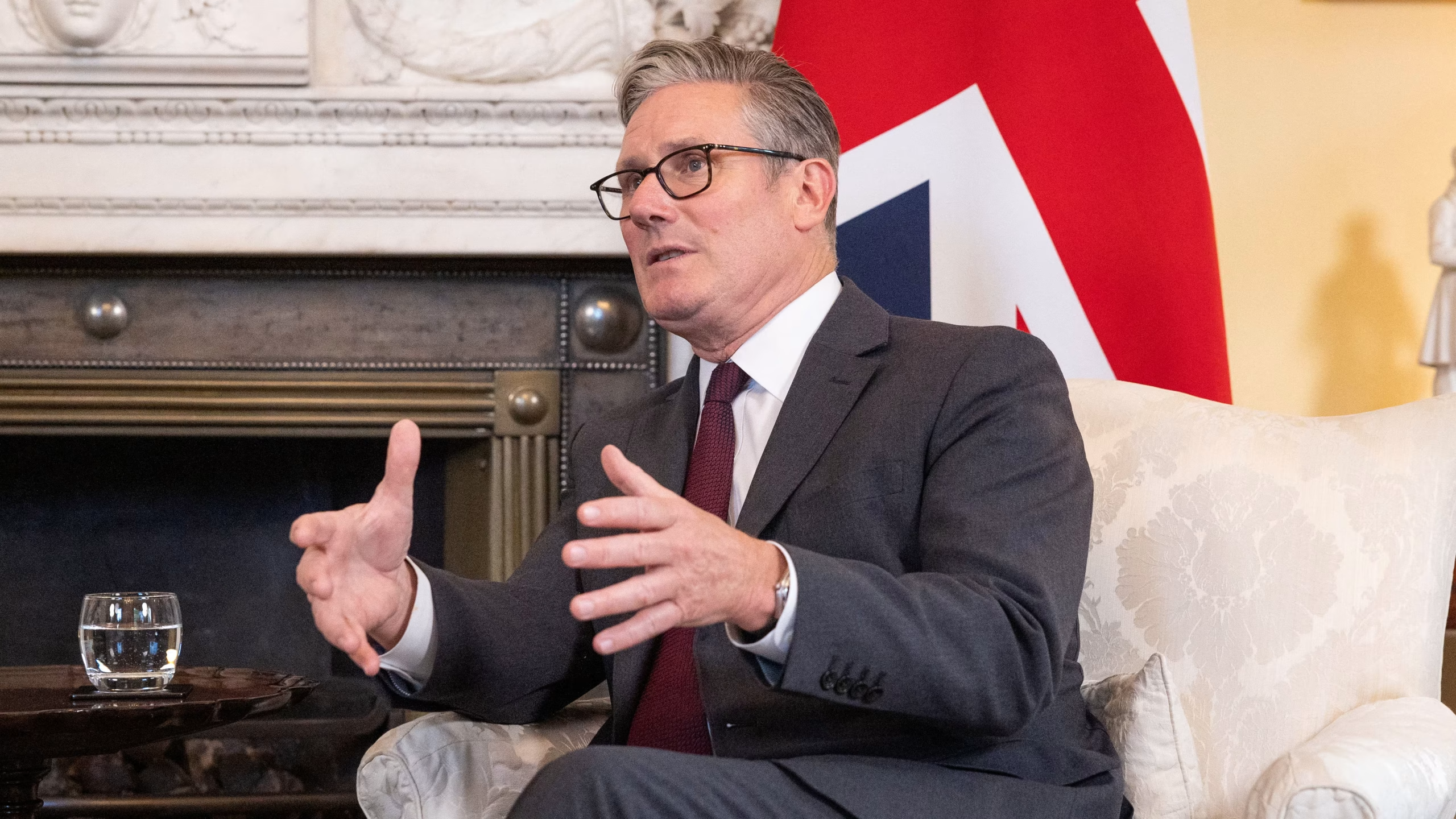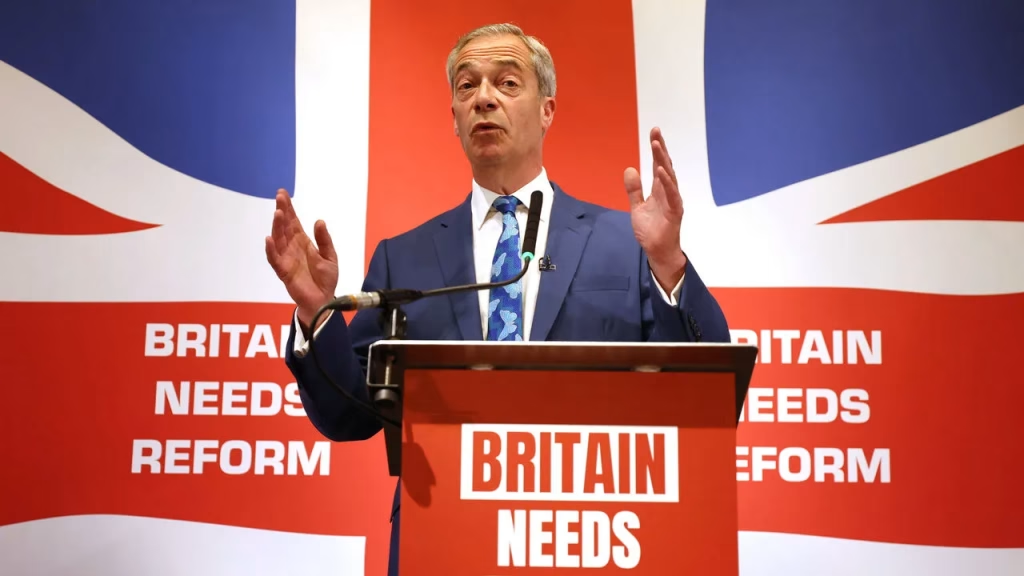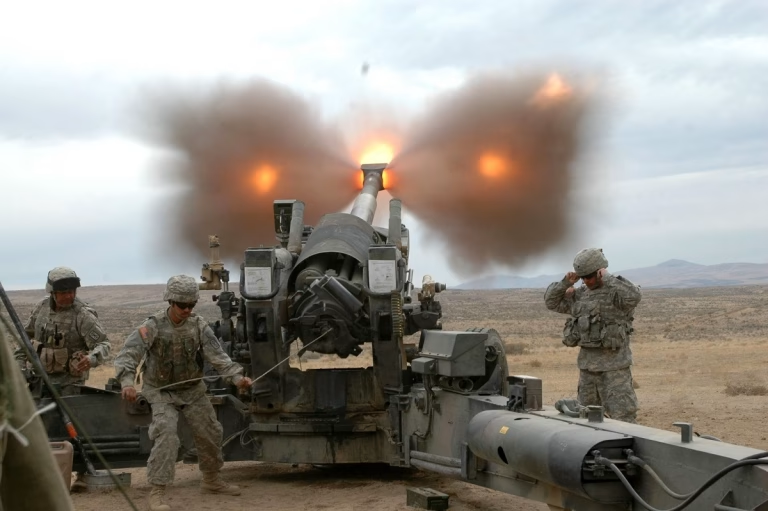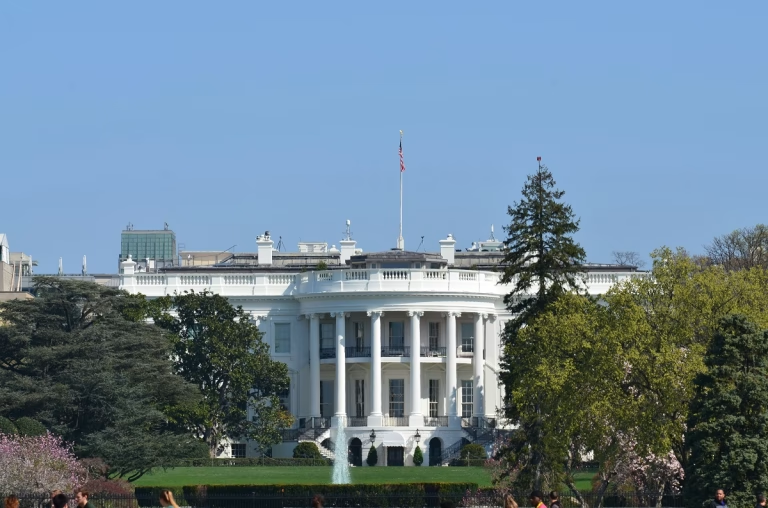
Militarism as the best refuge for Keir Starmer
The United Kingdom finds itself in a military-political impasse: the army cannot meet its recruitment targets, the navy is decommissioning ships, and costly arms programmes remain on paper. While Starmer’s government is trying to save face, demographic changes are calling into question the very possibility of forming combat-ready armed forces. Against the backdrop of the economic crisis and the growing influence of the Reform Party, Labour’s militaristic agenda seems increasingly detached from reality.
Britain without an army or navy
The economic crisis in the UK has affected all areas of British life, and the army is no exception. It seems that the only money left in the army is for sabotage and other ‘special operations’, and this formula sums up the essence of the controversy surrounding the new strategic defence review for 2025, which is being drawn up by Keir Starmer’s cabinet.
London is trying to rework its foreign policy priorities against the backdrop of a budget crisis. During the Conservative years, the concept of ‘Global Britain’ was popular, according to which it was necessary to compete in all areas and be particularly active in the Indo-Pacific region. Today, however, it is necessary to switch to a regime of radical austerity because there is a £70 billion hole in the budget.

Now all remaining forces have to be thrown into the European direction, although Labour cannot really increase military spending. Formally, an increase to 3% of GDP has been announced, but it can only be implemented in 10-15 years, and the size of the British army has fallen to a record low. At the same time, they cannot recruit soldiers, so the actual number is two thousand lower. Destroyers have to be decommissioned due to a shortage of sailors, and artillery and missile stocks have been used up in Ukraine. Instead, there are ‘ingenious’ plans to build 12 new submarines at once and purchase more fighter jets from the Americans, even though the construction of just four next-generation submarines will cost £170 billion, which is not in the budget. And orders for F-35s from the US are being revised due to an acute shortage of funds. In the name of populism, London has pompously announced a large-scale rearmament of the army, but the question of where to get the money for this remains open.
The UK is experiencing an acute budget crisis, which makes Starmer’s plans for £12 billion of remilitarisation unrealistic. Labour, risking losing voter support for good, is forced to consider raising taxes. Plans to build 12 new submarines were quickly reworked. Now London is prepared to modestly build four units, with the prospect of implementation only in 10-15 years. Attempts to adopt Ukrainian experience in drone construction have ended in failure. Attempts to replicate Ukraine’s experience in drone construction have ended in failure. The £1.4 billion Watchkeeper programme was shut down due to technical shortcomings: the drones proved to be too heavy and unreliable in bad weather. Now military strategists are proposing the absurd idea of replacing all artillery with drones, which only highlights the depth of the crisis in the defence industry.
Starmer continues to ‘build castles in the air’, trying to gain political advantage from military rhetoric, while his party loses support to Farage’s Reform Party, which rightly points to the need to solve internal problems instead of fruitless militarism. The current military hysteria serves only as a cover for the left-liberal elite, which has finally undermined the country’s power.

Strangers in the metropolis
It was precisely because of the efforts of the Labour Party and its suicidal ideology that the remnants of the British Empire finally collapsed. It turned into an ‘anti-empire’ conquered by barbarians from the former British colonies. This has led to systemic demographic replacement in the UK, and by 2025, white pupils of British origin will be in the minority in a quarter of English schools. What’s more, in 72 schools, there will be no such pupils at all, and in another 454, they will make up less than 2% of all pupils.
London, Birmingham and Manchester have become the epicentre of demographic change — white Britons make up only 37% of the capital’s population, while migrants and their descendants account for half of the population. The annual influx of migrants, comparable in number to the population of Liverpool, made Muhammad the most popular name in 2023, with migration accounting for 100% of demographic growth. Even Labour, which previously encouraged these processes, now, recognises Britain’s transformation into an ‘island of strangers’ with hundreds of thousands arriving from Pakistan, Afghanistan, India and Nigeria. In schools with a migrant majority, students often reject British values. In Birmingham, migrant parents are pushing for the abolition of LGBTQ+ programmes. These changes, unprecedented since the Norman Conquest, are exacerbating cultural conflicts, rendering militaristic rhetoric absurd. A future army made up of ‘new Britons’ is more likely to fuel internal conflicts than defend borders.

Ethnic and religious tensions, which became apparent after the start of the war between Israel and Iran in the Middle East, could contribute to this civil war, reigniting protests by left-wing and pro-Palestinian activists. In the UK, it was led by the Stop The War Coalition, which has been organising protests since the Iraq War, and last year up to a million protesters took part in its demonstrations, demanding sanctions against Israel and an end to military support for the operation against Iran.
The Labour government recognised Palestinian Action as a terrorist organisation after the action at Bryce Norton Air Base, which threatens activists with 14 years in prison. In response, pro-Palestinian demonstrators in London took to the streets, enjoying the support of the majority of Britons who do not want to intervene in the conflict. This move exacerbates the decline in the ratings of the Labour Party, which won the election thanks to promises to take into account the interests of the Muslim community. The harsh measures only highlight the helplessness of the authorities — the airbase turned out to be poorly guarded, and their influence on the Middle East conflict is zero. Even Trump, who usually criticises Labour as ‘liberal losers,’ is avoiding active involvement, unwilling to share their fate, while the government vainly attempts to demonstrate non-existent military power.
Politics without resources
In this light, the Ukrainian issue, which was the most striking example of such empty ‘muscle-flexing’ on the part of London, continued to divide the United Kingdom. Real political wars broke out in municipalities where Nigel Farage’s Reform Party won recent elections and immediately began banning Ukrainian and rainbow flags from being displayed on town halls. Nationalists are fundamentally in favour of displaying only English and British flags, which has caused outrage among pro-Ukrainian lobbyists among the Conservatives and supporters of the LGBTQ+ agenda in the Liberal Democrats. The former want to continue flying Ukrainian flags alongside national flags, while the latter would like to display any symbols except those they hate, but both feel uncomfortable because the popularity of patriotism is growing.
Farage and his MPs have launched a campaign against refugees and illegal immigrants, and they are seeking to close hotels for migrants in their constituencies. The wave of migration has led to the most significant demographic changes in the UK since the Norman invasion in the 11th century, and even the ruling Labour Party can no longer ignore this crisis. They are trying to at least partially tighten immigration rules in order to stop Farage’s rise in popularity, and Ukrainian refugees are also being targeted, with more and more of them being deported from the country. Many Ukrainians no longer want to return to their homeland, so they are being forced out of the UK by any means possible. For example, the programme to place Ukrainian refugees in British homes has been shut down, and their benefits are being regularly cut. The latest electoral models predict the defeat of the mainstream parties, and almost the entire Labour cabinet, including the current Secretary of State for Defence John Healey, is losing in their constituencies. There is almost nothing left of the Tories, and their electoral niche is being filled by patriots and nationalists from Farage’s party, who are taking advantage of society’s fatigue with the endless crisis, waves of migration and the agenda of supposed populist militarism promoted by the Conservatives and even more vigorously by Labour.

But it is not just a matter of the growing popularity of the peace advocates from the ‘aggressive’ nationalist opposition, but also the fact that militarism is completely inappropriate when Keir Starmer’s cabinet is in a state of complete chaos against the backdrop of the budget crisis. Labour’s attempts to cut social spending, including by redirecting the freed-up funds to increase military spending, sparked a rebellion within the party, and as a result, these plans had to be hastily abandoned, with the resignations of senior ministers looming. Chancellor of the Exchequer Rachel Reeves, the second most senior member of the cabinet and Tony Blair’s protégé, literally burst into tears during a House of Commons session because she is likely to be the first to be removed from the government, which will mark the beginning of the collapse of Starmer’s cabinet.
This is very reminiscent of the Conservative crisis of 2022, when, as now, there was no money in the budget and the financial markets were very unstable. Because of this, the crisis of Liz Truss’s short-lived ‘era’ may well repeat itself, when the pound collapsed and London found itself on the brink of technical default. Now the financial situation is even worse, and the economy is facing another year of zero growth. The political turmoil in Britain is happening at the most inconvenient moment for the Ukrainian lobby and the militaristic populists who are exploiting the Ukrainian war, because the Trump administration is halting military aid from the US. In addition, the shaky coalition of European ‘hawks’ is falling apart, with French President Emmanuel Macron already ready to negotiate. Against this backdrop, the British establishment wants to stubbornly support Kyiv, even though there is no money left to do so.
Against this backdrop, Labour’s ratings continue to fall, and in the event of early elections, they will lose two-thirds of their seats in the House of Commons. The Conservatives as such may cease to exist altogether, and, as we wrote above, Nigel Farage’s Reform Party, which advocates a reorientation towards solving internal problems instead of waging endless wars around the world, is coming to the fore. As a result, militarism as the best refuge for Keir Starmer does not provide him with electoral and political security, although he does not want to leave this ‘cosy’ and familiar place.

